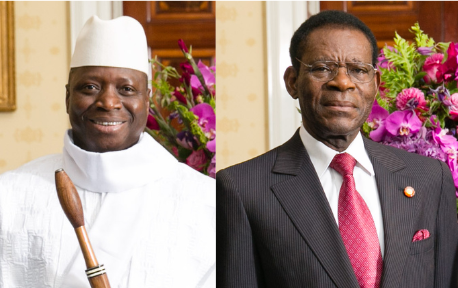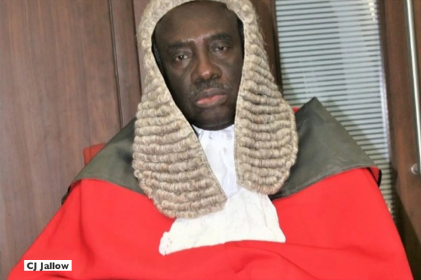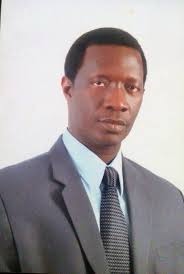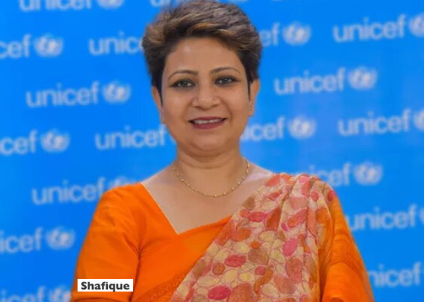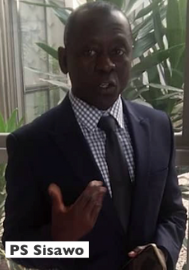
By Amadou Jadama
A validation workshop on the policy document to use national languages in education and the presentation of the language mapping report 2023 opened at the Sir Dawda Kairaba Jawara Conference Centre yesterday funded by the World Bank.
The permanent secretary of the Ministry of Basic and Secondary Education, Ebrima Sisawo, revealed that his ministry will soon roll out the country’s national languages like Mandinka, Wolof, Fula and others into the school curriculum.
Highlighting these points in a side interview with The Standard, Sisawo said his ministry hired the consultants to work on it, and the language mapping of the country has already been done and the document is now presented to the public to have their views and add value to it.
“You might wish to know that we have been using the national languages at the foundation level to reinforce teaching and learning at schools and that research has shown that when the kids are taught through their national language, they tend to understand the basic concepts and it also helps them to improve on their literacy and numeracy skills.
“So, the idea of the ministry is that at that early stage, kids would be taught on concepts through their national languages. Of course, English would be taught as a subject. So, the kids would be taught English, but other concepts like scientific and mathematical concepts would be explained to them in their national languages. So, what this policy is trying to do is to map out the area because there are lot of national languages in the country,” he said.
The PS disclosed that they would see which languages are dominating and in which areas, and where predominantly most kids are comfortable with it. “So, the kids will be able to use that language as their national language. But we are also looking at sign language because they are all important and it will help to promote inclusiveness,” he added. PS Sisawo further disclosed that promoting the use of the national language in education is not just about enhancing language skills, but it’s about fostering cultural appreciation and preserving linguistic diversity.
“Our language in education policy is the evidence of our commitment to cultural heritage, promoting multilingualism, and nurturing well-rounded individuals who can communicate effectively in a globalized world, “he said.
He said the support of the World Bank in the development and implementation of their language in education policy is invaluable.
“It aligns with our shared commitment to improving access to quality education, fostering linguistic diversity, and nurturing well-rounded individuals in an interconnected world, “he added.
According to him, this policy will not only strengthen the country’s education system but also contribute to the preservation of cultural heritage.
